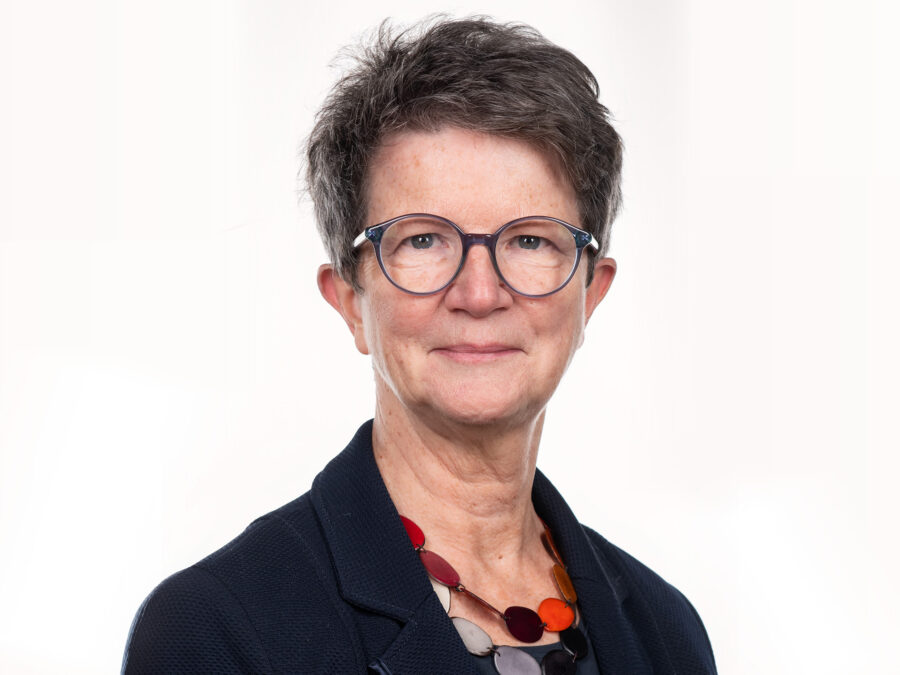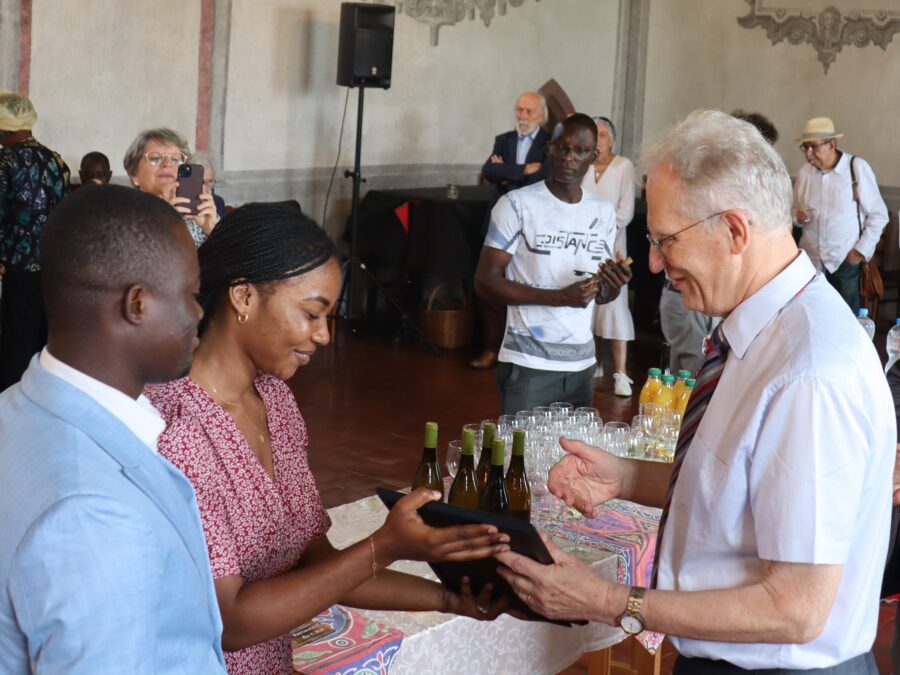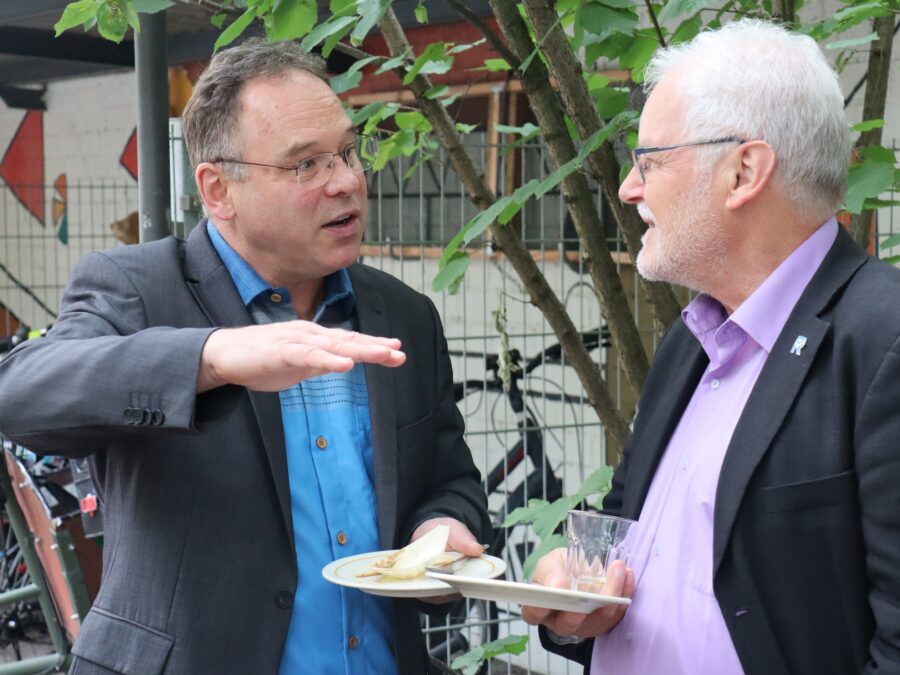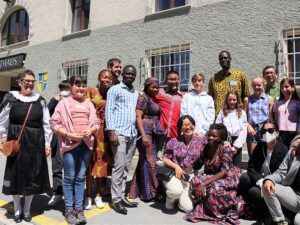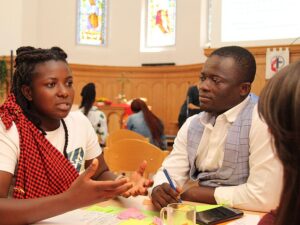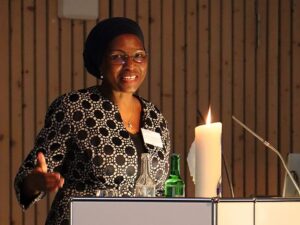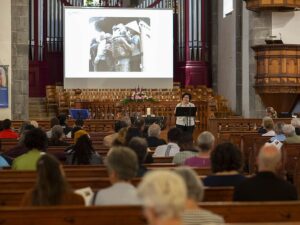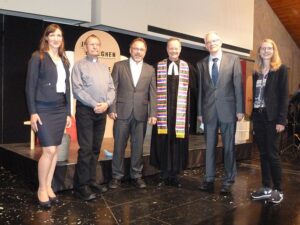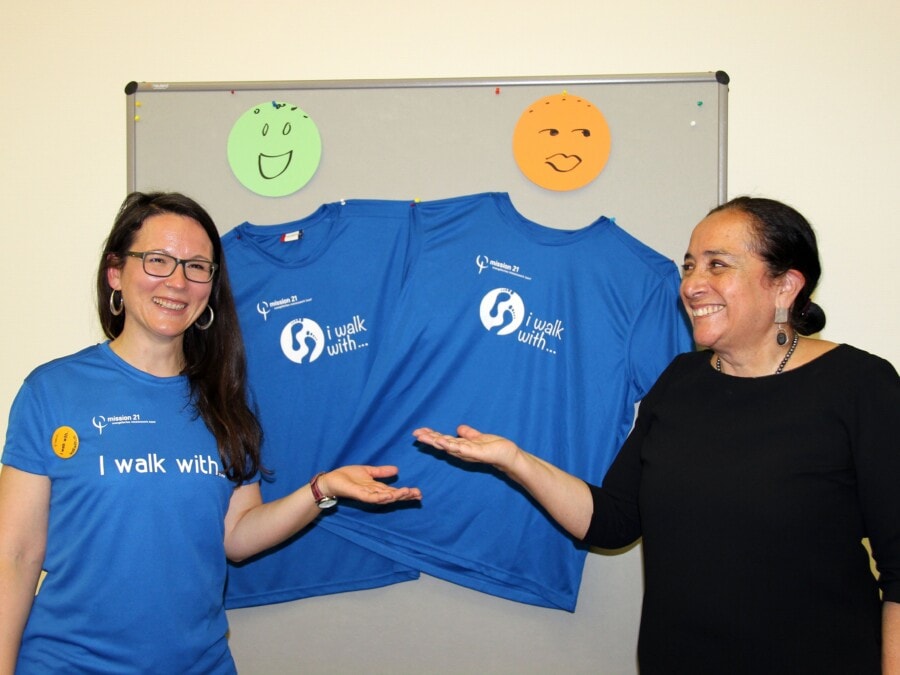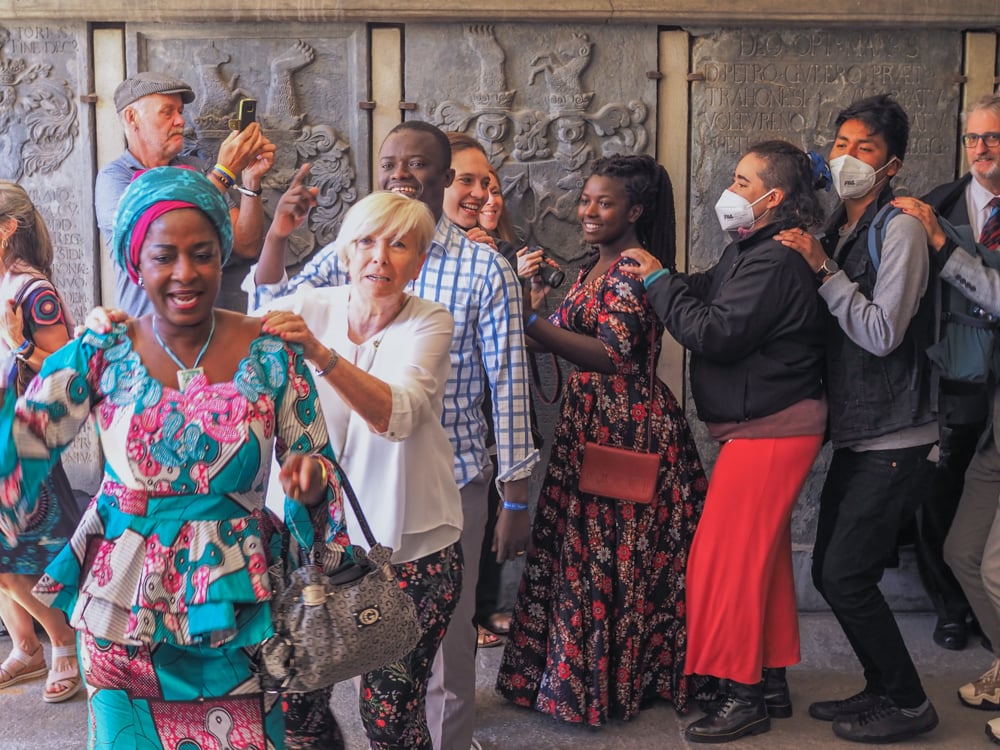
Mission Synod
The Mission Synod is the highest decision-making body of Mission 21. And it is even more: members of cultures and denominations from four continents meet at the Mission Synod. Delegates from our partner countries deliberate, discuss and celebrate global fellowship.
The majority of the mission synod takes place online and on special occasions also on site. Then the synod days are accompanied by public events. This is an excellent opportunity to get to know us and our international guests better and to foster fellowship. You will find up-to-date information in our agenda. We cordially invite you to the events!
On this page you will find all the information on how the Synod is composed, which organizations support the work of Mission 21 and brief information on the current and previous Synods. You can find more information about the upcoming Synod and those of previous years on the page Mission synod current.
Mission synods 2023 and 2024
The Synod sets the strategic framework for the work of Mission 21, but also discusses the specific situations and concerns of people in the partner countries. In the past two years, around 40 delegates from four continents have met online. 2024 was also marked by new elections.
The Synod 2023 took place from Thursday, June 29 to Saturday, July 1, 2023. Personal encounters were possible at the public closing mission service. You can find a review of Synod 2023 and the closing service in the News.
The Synod 2024 was held from June 27 to 28, 2024. In addition, the "Youth Summit meets Alumni Day" event took place on June 29 and on June 30, the outgoing President Johannes Blum was honored at the Festive servicewhich concluded the synod week. More information in the News.
Structure
The Mission Synod is the highest decision-making body of Mission 21 and is made up of elected representatives of the continental assemblies and the supporting associations.
Once a year, its delegates from four continents, chosen on a basis of parity, negotiate the direction of Mission 21's international work. The synod is a place of encounter and exchange - whether present or online.
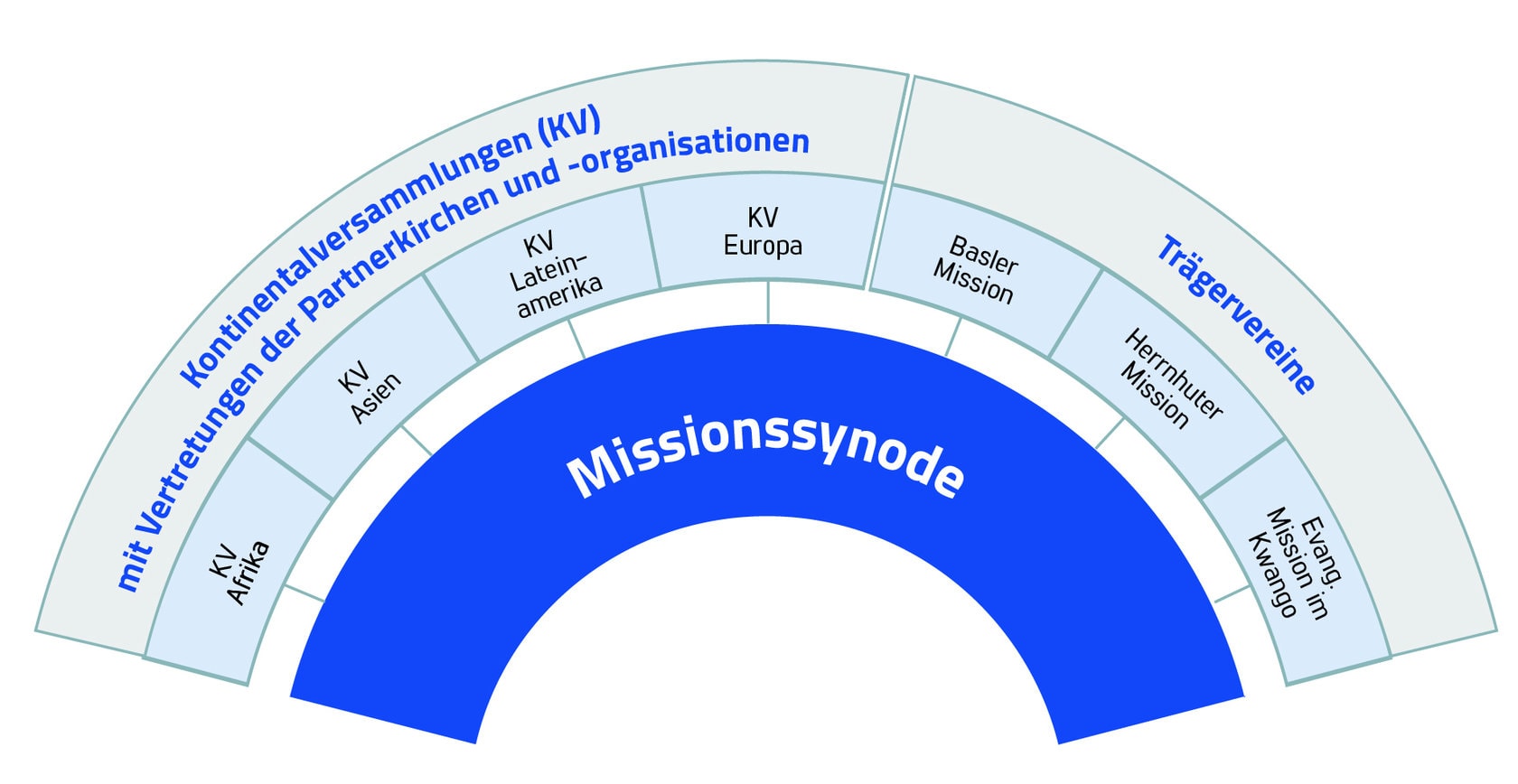
The Mission Synod decides on the strategic direction, the longer-term goals and also the financial planning of Mission 21. In addition, it approves the annual report and annual financial statement and decides on the framework budget for the following year. Gender parity and equal youth representation are sought in the Mission Synod. The deliberations take place in English.
Supporting associations
Founded in 2001 by five missionary organizations, Mission 21 is now supported by three organizations: the Basel Mission (BM), the Herrnhut Mission and the Evangelical Mission in Kwango (EMIK).
Basel Mission
The Basel Mission is the largest supporting organization of Mission 21. It was founded in 1815 and opened the mission seminary in Basel one year later. In 1821, the Basel Mission sent out the first seminarians: to the Caucasus. In 1828 the mission began work in Ghana, in 1834 in South India and in 1847 in South China. In 1860, the large mission house was built in Basel, which continues to be owned by the Basel Mission. Today it is the headquarters of Mission 21, and the Basel Mission also operates the "Odelya" Hotel in the building. The construction of the mission house was financed at the time primarily by the pietist merchant Christoph Merian-Burckhardt.
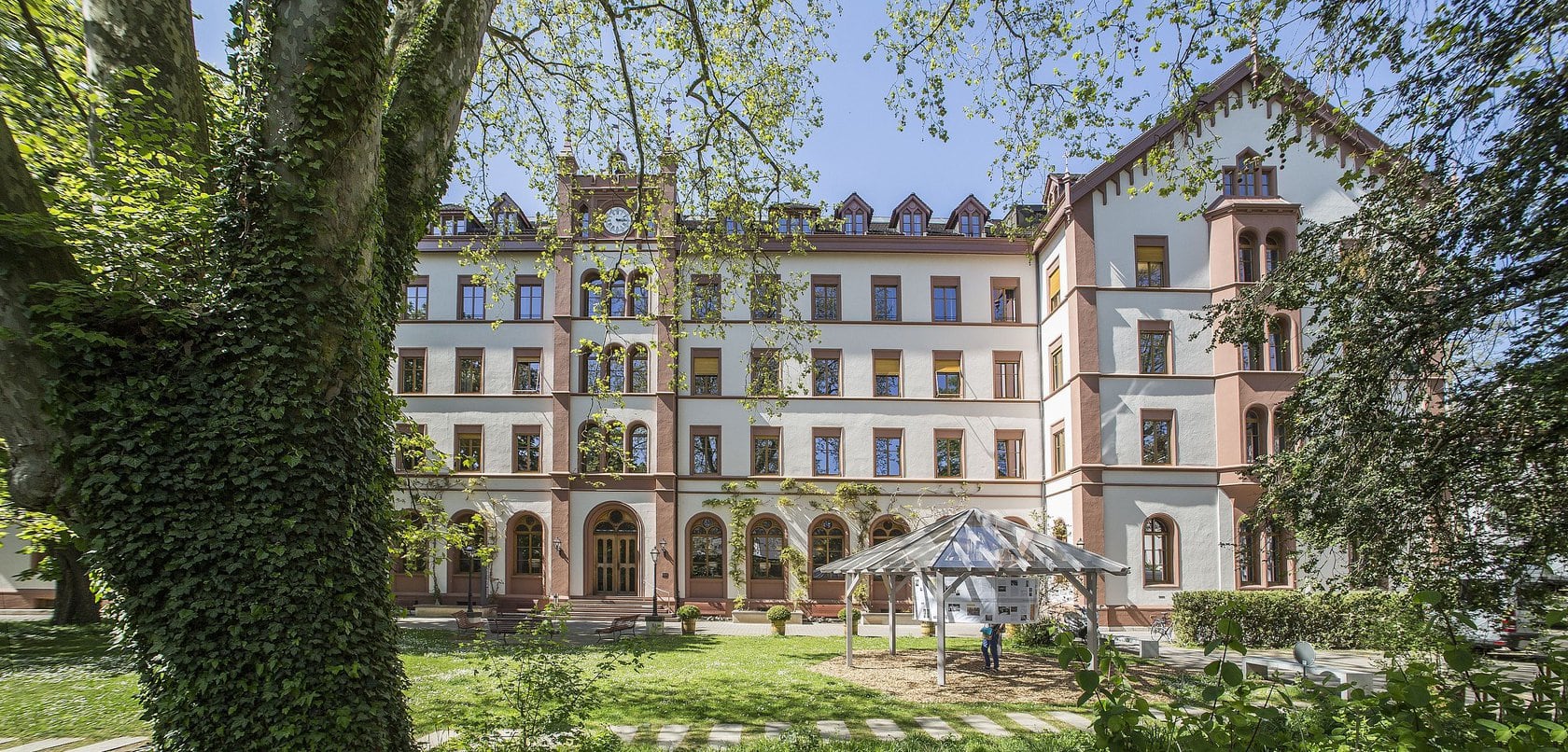
From its approximately two hundred years of work in Africa and Asia and its involvement in Latin America since the 1970s, the Basel Mission brings numerous relationships to Mission 21. The Basel Mission supports the work of Mission 21. Part of this support is earmarked for the scientific care and processing of the archive of the Basel Mission. Mission 21 continues to maintain the extensive archive of the Basel Mission. It includes a wealth of historical text, audio and photographic sources as well as historical maps.
► to the website of the Basel Mission
The Basel Mission was an institution with strong German participation. In 1954, the Basel Mission German Branch, e.V. (BMDZ) was constituted in Stuttgart. Since then, cooperation has renewed and deepened, now between BMDZ and Basel Mission as well as Mission 21.
Herrnhut Mission
As a work of the Herrnhuter Brüdergemeine, the mission came into being in 1732 under Count Nikolaus Ludwig von Zinzendorf. The mission areas became independent church areas (provinces) of the "Brüder-Unität". Today, the churches of the Brüdergemeine are committed to helping people on the margins of society, in cooperation with Mission 21. In Switzerland, the Herrnhut congregations, called societies, stand behind this work together with a large circle of readers of the Watchwords and other friends. Through Mission 21, the Herrnhut Mission maintains relationships especially with Tanzania, Palestine and South Africa.
Evangelical Mission in the Kwango
The Evangelical Mission in Kwango (EMIK), founded in 1956, began its work in the "Belgian Congo" in the 1950s. After the independence of the former colony and the founding of the Democratic Republic (DR) of Congo, EMIK and its partner church Communauté Evangélique du Kwango (CEK) worked together. In 2001, Mission 21 took over support for the CEK's project work. Until the end of 2025, as part of an outphasing process, Mission 21's involvement in the DR Congo will focus on capacity building for project managers and supporting emergency aid through the distribution of medicines, food and hygiene products. More information on the Country page DR Congo.

Continental Assemblies
In Africa, Asia, Latin America and Europe, the partners of Mission 21 organize themselves in the Continental Assemblies (CAs). All four CTs are full members of Mission 21 and send delegates to the Mission Synod. This South-North exchange is complemented by regular South-South meetings: The continental assemblies of Africa, Asia and Latin America hold a large conference every three years, in which all partner churches and organizations may participate with up to three delegates. Here they can exchange information about program and project work as well as current challenges of the individual partners. Women's organizations and youth representatives discuss common problems and possible solutions in a preliminary conference.
